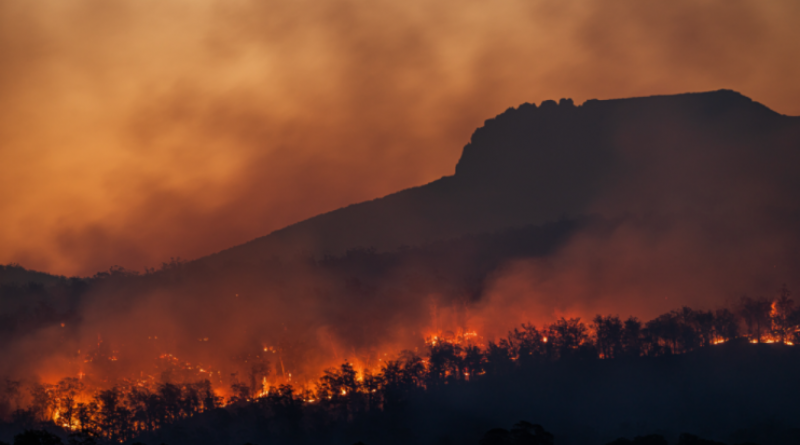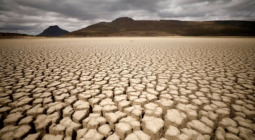IPCC: Human influence has warmed climate at ‘unprecedented’ rate

In a new landmark report, the IPCC has found that human-induced climate change is already affecting many weather and climate extremes in every region across the globe.
The report, prepared by 234 scientists from 66 countries, highlights that human influence has warmed the climate at a rate that is unprecedented in at least the last 2,000 years.
Stating that many changes due to past and future greenhouse gas emissions are irreversible for centuries to millennia, especially changes in the ocean, ice sheets and global sea level
The UN Secretary-General António Guterres said the Working Group's report was nothing less than "a code red for humanity. The alarm bells are deafening, and the evidence is irrefutable".
The report shows that emissions of greenhouse gases from human activities are responsible for approximately 1.1°C of warming since 1850-1900, and finds that averaged over the next 20 years, global temperature is expected to reach or exceed 1.5°C of warming.
This assessment is based on improved observational datasets to assess historical warming, as well progress in scientific understanding of the response of the climate system to human-caused greenhouse gas emissions.
Hoesung Lee, Chair of the IPCC, said: “This report reflects extraordinary efforts under exceptional circumstances. The innovations in this report, and advances in climate science that it reflects, provide an invaluable input into climate negotiations and decision-making.”
The report also projects that in the coming decades climate changes will increase in all regions. For 1.5°C of global warming, there will be increasing heat waves, longer warm seasons and shorter cold seasons. At 2°C of global warming, heat extremes would more often reach critical tolerance thresholds for agriculture and health, the report shows.
But there is still time to limit climate change, IPCC experts say. Strong and sustained reductions in emissions of carbon dioxide (CO2) and other greenhouse gases, could quickly make air quality better, and in 20 to 30 years global temperatures could stabilize.
IPCC Working Group I Co-Chair Valérie Masson-Delmotte said: “This report is a reality check. We now have a much clearer picture of the past, present and future climate, which is essential for understanding where we are headed, what can be done, and how we can prepare.”
Read the full report here.
9 August 2021
Climate Action




